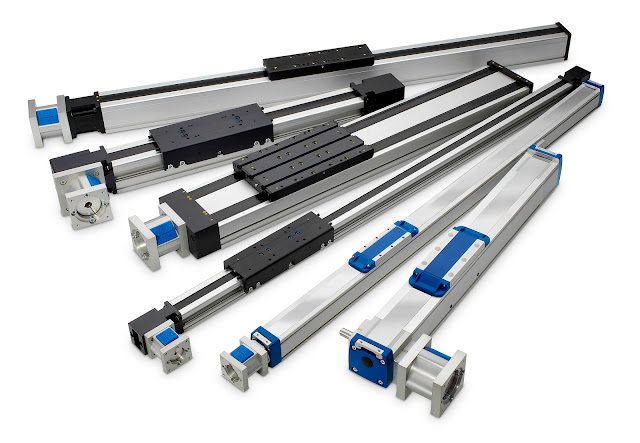Advancing Pet Cancer Treatment Through Use of Pet Cancer Therapeutics
 |
| Pet
Cancer Therapeutics |
Pet cancer
therapeutics are different from those used on humans. Pets do not have the same
metabolism, so the drugs must be formulated for their needs. Chemotherapy
drugs, for example, are designed to control the spread of cancer. Chemotherapy
is often used in cases where surgery cannot completely remove the tumor and
chemotherapy is used to fight cancer cells that have already spread.
The global Pet Cancer Therapeutics Market was valued at US$ 183.3 million in 2017 and is expected to witness a robust CAGR of 7.7% over the forecast period (2017 - 2025). While chemotherapy,
radiation, and surgery are commonly used in treating cancer in humans, the goal
of these treatments is to treat the symptoms of the disease and improve the
quality of life for pet. Surgery is an option if pet's tumor is inaccessible or
interfering with the animal's normal body function. If surgery is not an
option, the veterinarian may suggest other treatment options for pet. This
method is most successful in treating localized tumors, but it may be less
effective in large tumors or those that have spread. Historically, the only
drugs available as a pet cancer therapeutics were those approved for use on
humans. However, advances in immunotherapy and targeted therapies have allowed
veterinary drug sponsors to bring treatments specifically for pets Another option for
treating cancer in pets is internal radiation therapy. Pets can undergo
radiation therapy through an implanted radioactive substance. This method,
called brachytherapy, requires precision and accuracy in administering the
treatment. The implanted radioactive substance is only effective in treating
tumors and is not recommended in healthy parts of the body. Despite its
difficulty, however, implantable radiation sources are being developed and are
likely to increase the use of brachytherapy. Aside from the
benefits of having a pet during a cancer diagnosis, pets can help pets cope
with the stress and emotional turmoil that can accompany the disease. Animals
are versatile and can fill a variety of roles, each with their own set of
benefits and challenges. |



Comments
Post a Comment